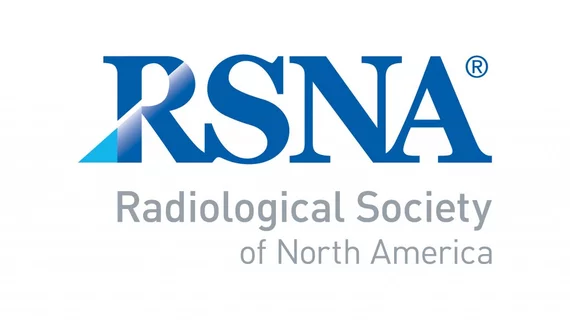The Radiological Society of North America (RSNA) kicked off its second annual machine learning challenge on Aug. 27, inviting teams to create an algorithm capable of identifying and localizing pneumonia on chest x-rays, according to a release from the society.
Artificial intelligence (AI) researchers will compete for a $30,000 prize provided by Kaggle (a subsidiary of Alphabet, Inc.) which is also providing the platform for the RSNA pneumonia detection challenge.
This specific task is based on a publicly available dataset published by the National Institutes of Health. The RSNA Machine Learning Subcommittee teamed up with Society of Thoracic Radiology volunteers to annotate the data, looking for abnormal areas and assess their likelihood of pneumonia.
“The expectation that artificial intelligence will soon provide valuable tools for radiology continues to grow,” said Luciano Prevedello, MD, chair of the Machine Learning Steering Subcommittee of the RSNA Radiology Informatics Committee (RIC), in the statement. “By organizing machine learning data challenges, RSNA is playing an important role in fostering and demonstrating these capabilities.”
During training, the first of two-phased challenge that started Aug. 27, competitors will seek to duplicate radiologist annotations with their own data-trained algorithms. By Oct. 24, participants must submit the results of their evaluation phase, which tests their algorithms on the training data sets.
“Radiologists have a critical role to play in the challenge, even if they don’t have extensive experience with machine learning,” Prevedello said. “They can provide insight, based on their clinical experience, to refine or supplement the annotations on the training data set and help developers identify systematic errors in the results of their algorithms.”
Winners will be judged against the radiology observer supplied annotations and announced at RSNA’s 2018 annual meeting in November in Chicago.

